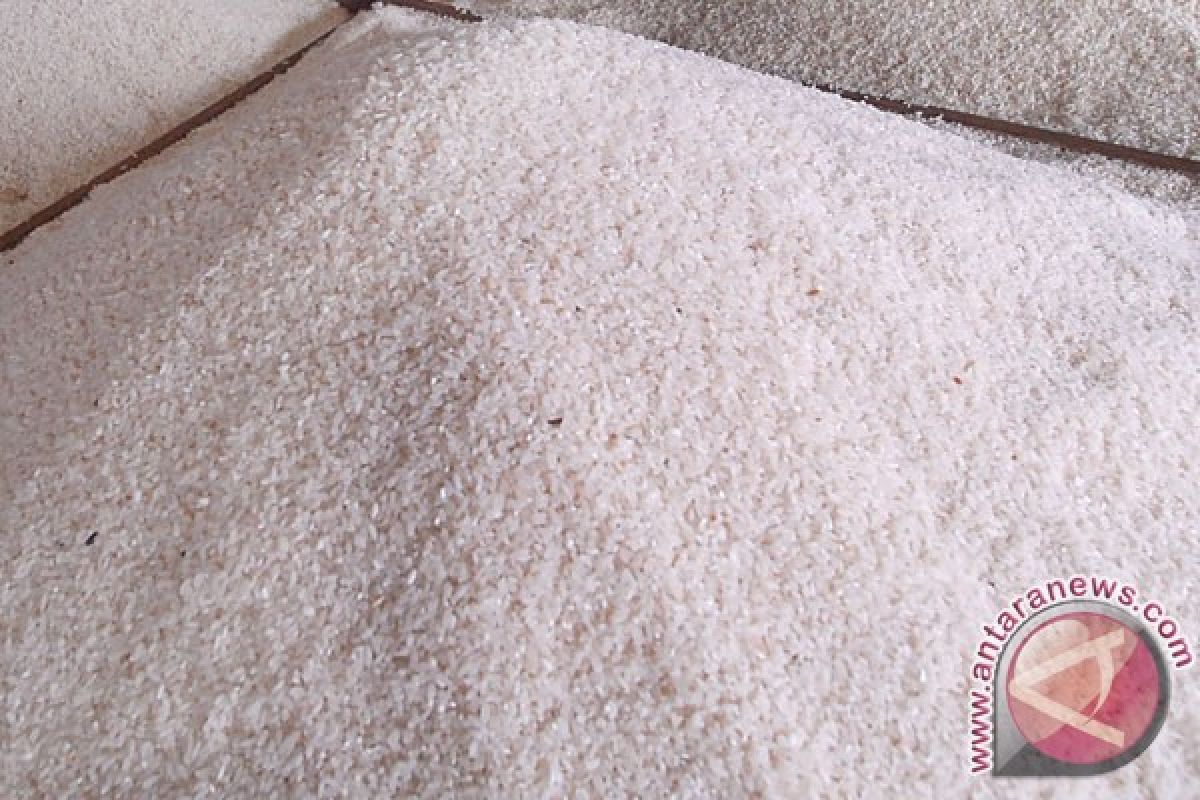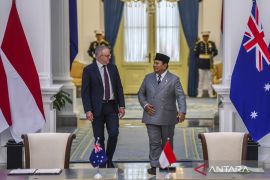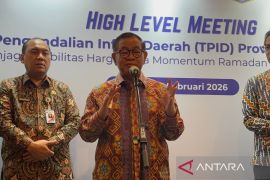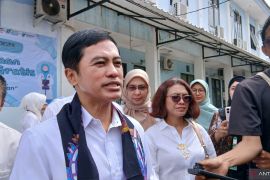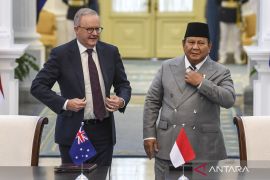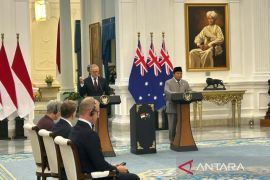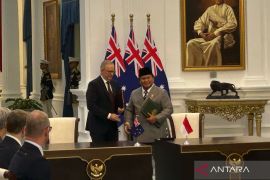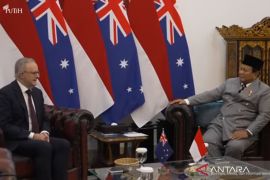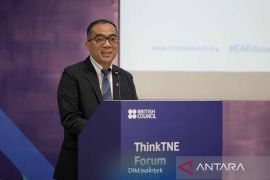The plan is to import 500 thousand tons of rice from Vietnam and Thailand by the end of January. It will be carried out by Bulog.
But certain quarters, including in a number of regions, such as Banten, Aceh, Central Java, Yoyakarta and South Sulawesi, do not agree with the importation of rice for a number of reasons.
Kulon Progo District Head, Hasto Wardoyo, in Yoyakarta, for example, refused the plan to import rice for market operations in his region. The average unhulled rice production in his region reached 125 tons to meet the local needs, he stated on Wednesday.
Therefore, the Association of All District Government of Indonesia (Apkasi) has urged the government to review its plan to import rice by crosschecking the real data on rice availability in the region.
Rejection of rice importation was also voiced by Rieke Diah Pitaloka, a member of Commission VI on trade affairs of the House of Representatives (DPR). "I reject it because the arguments for the importation of rice were not clear and not based on real data," she noted on Wednesday.
According to Pitaloka, there are data discrepancies among the Ministry of Agriculture, the Ministry of Trade, the Central Bureau of Statistics (BPS), and other relevant agencies that should be wary because these things have tarnished the credibility of the government. Moreover, the problem of rice is a crucial problem for all people.
The president should also evaluate the performance of ministries, which are considered to have shown negligence in dealing with this important task (synchronizing the data).
"The problem is that there should not be data discrepancies, because ministries and state agencies are in one government. If the president`s aides provide such discrepancies, it should be evaluated seriously," he remarked.
She argued that a decision to import rice should not be taken close to the harvest season. Moreover, the import process will take more than a month, and imported rice will arrive during the harvest season, which begins in February.
In addition, before making an import decision, the government should evaluate national rice stock data. National rice stock data is not only in the government or Bulog but also in the levels of rice traders and farmers.
"They have to sit together and provide uniform data to the public. The relevant ministries and agencies should support each other, together with the evaluation of the data, by involving all regional heads, especially in places which are hubs of rice production," Pitaloka revealed.
In the meantime, Apkasi has urged the government to review its plan to import rice by crosschecking the real data on rice availability in the region.
"Based on the data, facts, and input from the district heads, we put forth a suggestion to the central government to seriously review the policy to import rice, so as not to disadvantage the farmers in the region," Apkasi Chairman Mardani H. Maming remarked in a press statement on Wednesday.
Mardani, who also serves as the Tanah Bumbu district head in South Kalimantan Province, is currently promoting development of the agricultural sector in the region, especially making it the hub for the breeding of rice and corn for the Kalimantan area.
"The rice import policy is a very reasonable effort of the government to stabilize the price of a commodity in the country, but the policy must be thoroughly studied, otherwise this import policy can be counterproductive and can affect the condition of farmers in the country," he pointed out.
The government has decided to import 500 thousand tons of rice to increase domestic stock, in a bid to curb rice price increase in local markets. "We will import 500 thousand tons of special rice, from Vietnam and Thailand," Trade Minister Enggartiasto Lukita told the press after a meeting with rice distributors and retailers association in Jakarta on Thursday (Jan 11).
The decision to import rice was taken after the government, the State Logistics Agency (Bulog), and the special Task Force for Food conducted market operations in November and December 2017 to contain the rising prices of medium rice.
The operations did not significantly impact the price rise, considering the prices peaked in early January 2018 to Rp11,000 per kilogram, or above the specified ceiling of the retail price of Rp9,450 for Java Island.
"The impact is not kicking in. It did not result in a price decline; in fact, the prices were stagnant for some time, then they showed a slight increase. And at the start of January, the prices rose sharply," Lukita emphasized.
According to Vice President Jusuf Kalla, the government decided to import 500 thousand tons of rice due to the declining supply in the domestic market.
"We have a reference price. If (the rice price) is above the reference price, then Bulog (the national logistics board) must sell (its rice). But because the stocks are declining, Bulog must import rice first and later sell it. If the price falls, it must buy rice to push up the price. That`s the system," Kalla explained after inaugurating the executive board of the Indonesian Mosque Council at the Istiqlal Mosque on Friday.
The decline in domestic rice stocks is a result of, among other reasons, the weather phenomenon, which has led to inadequate rice production, he noted.
(A014/INE)
EDITED BY INE
Reporter: Andi Abdussalam
Editor: Heru Purwanto
Copyright © ANTARA 2018
